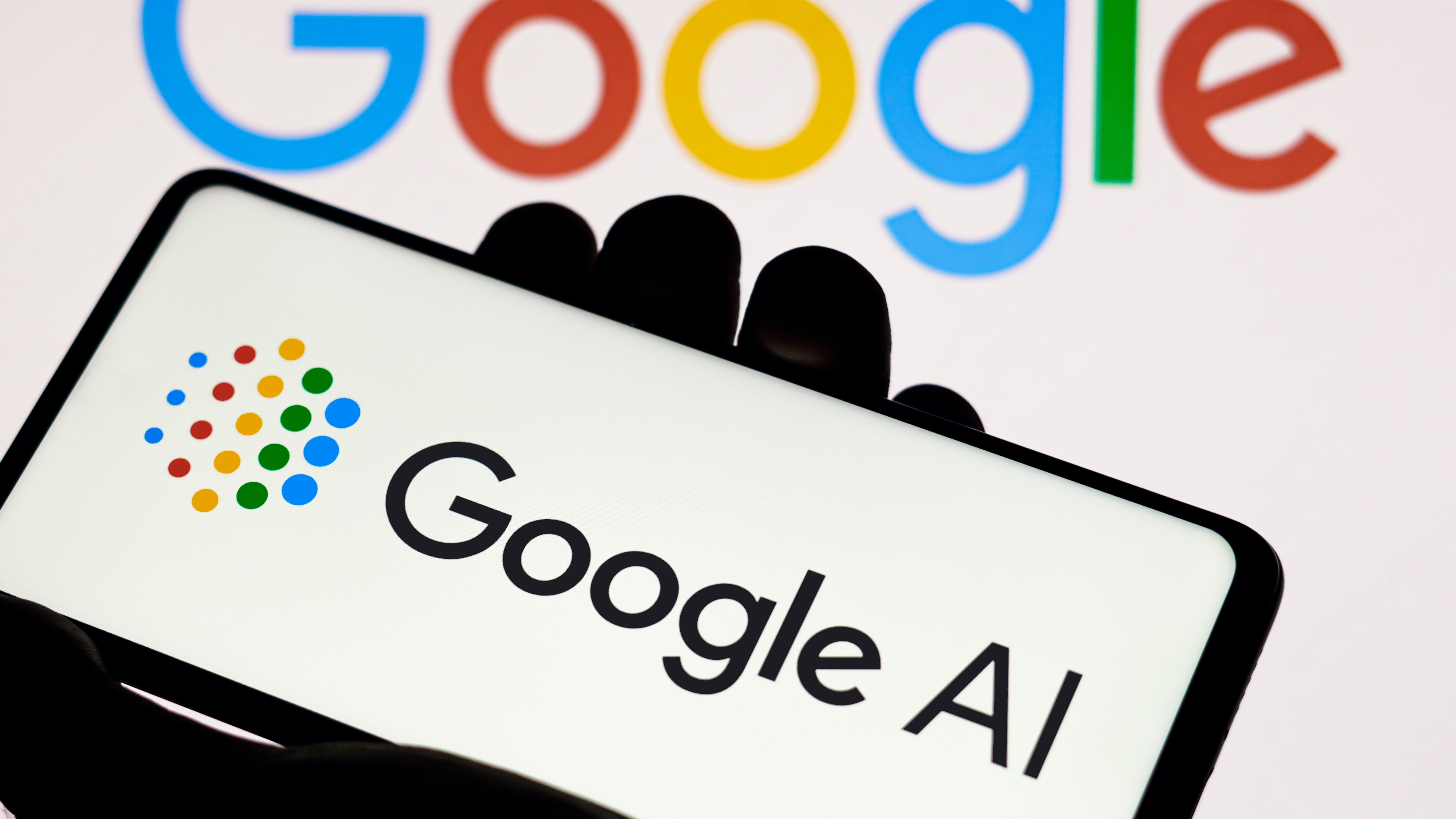
Less than a week after seemingly doubling down on AI Overviews in Search results, it looks like Google may actually be scaling back on the feature. According to a report from Wired, which cites figures from SEO firm BrightEdge, AI Overviews now only appear in 11% of search queries — down from 27% when it first launched last month.
Clearly having your AI tool tell people to eat rocks and put glue on their pizza isn’t a very good look. But while the company certainly isn’t giving up on the Overview feature, the last thing it needs is for ridicule to be the primary way users are exposed to the tool. So it makes sense that it might want to reign AI Overviews in, and fine tune what it actually suggests to people.
BrightEdge claims to have been tracking AI Overviews since they launched as an opt-in feature for beta testers last December. Since then it’s been keeping tabs on the kind of queries that generate Overviews responses, and apparently they’re most likely to appear in healthcare-related search queries. It's 63% of the time, according to the report.
Obviously, that’s rather concerning, especially if AI Overviews have a tendency to offer up information that isn’t accurate. Healthcare related searches already lead people to the worst possible conclusion and it doesn’t take much to look up symptoms and suddenly decide that your sore throat means you have something more serious.
E-commerce-related searches apparently had an Overview 23% of the time, while AI Overviews “rarely” appeared on searches relating to restaurants or travel. The kind of things where misinformation can be irritating, but generally aren’t that serious. Actively promoting misinformation in healthcare results could easily put people’s lives at risk.
The fact that AI Overviews can pull information from a whole bunch of sources, including the likes of Reddit and random blog posts is concerning, too. While Overviews has added a list of sources, it doesn’t explicitly tell you what information comes from where. Everyone has their own bias and agenda, and not knowing where information comes from makes it a lot harder to figure out whether you can trust it or not.
After all, you can’t necessarily trust someone who may be trying to sell you something. Likewise, you can’t trust a random Reddit post to be 100% accurate because you don’t know who the person writing it is, or how well- or ill-informed they might be.
Which means this is something Google will need to keep on top of, even after stopping AI Overviews from encouraging people to eat glued-heavy pizza sauce.
A Google spokesperson told Wired that the company is “continuing to refine when and how we show AI Overviews so they're as useful as possible, including a number of technical updates in the past week to improve response quality.” It also declined to share any official numbers on how often AI Overviews appear in search results, but noted that BrightEdge’s figures aren’t reflective of what it sees internally.
In the meantime, be sure to take any AI Overview results you get with a pinch of salt. Which is also what you should be doing with normal Google search results anyway.







